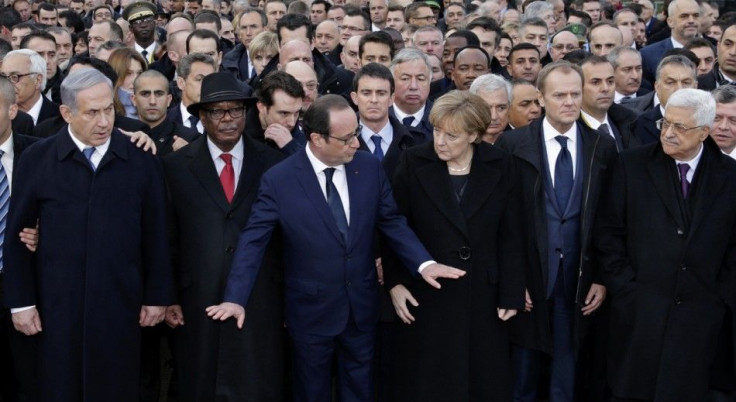New Zealand And Israel End Diplomatic Row Over New Ambassador

New Zealand and Israel have resolved their diplomatic row over a new ambassador. The conflict has prevented New Zealand’s new envoy from taking his post in more than six months.
In September 2014, Israel blocked Ambassador Jonathan Curr from presenting his credentials after the government learned that he would also serve as an envoy to Palestine. Israel said it did not allow accreditation of diplomats who are also serving the Palestinian Authority.
AP News reports that New Zealand’s foreign ministry had announced earlier in February that it has appointed a different ambassador to the Palestinians, thereby ending the conflict. According to the office of President Reuven Rivlin, Curr is expected to present his credentials on April 30.
New Zealand supports efforts to end the conflict between Israel and Palestine. As a member of the UN Security Council, New Zealand has been working on a draft resolution to resume the stalled peace negotiations between the Israelis and Palestinians.
Jim McLay, New Zealand’s ambassador to the UN, said New Zealand is urging the UN Security Council to focus on a practical outcome. France has started consultations on a document outlining the parameters of a peace deal between Israelis and Palestinians. McLay believes New Zealand’s friendship with the two countries indicate it can contribute to the peace effort.
In December, the Security Council had junked a resolution that would have set a two-year period to reach an Israeli-Palestinian settlement to make way for the creation of a Palestinian state. The U.S. and Australia voted against the resolution while Britain, South Korea, Lithuania, Rwanda and Nigeria had abstained following calls from U.S. Secretary of State John Kerry.
Meanwhile, U.S. Vice-President Joe Biden has reaffirmed the support of his country to plans of reaching a two-state solution to the Israel-Palestine conflict. In a speech marking the Independence Day of Israel, he downplayed the rift with Israel and defended U.S. President Barack Obama’s support for Israel and his effort to address the concerns of Jewish-Americans who are at risk to a nuclear war with Iran, reports New Zealand Herald.
The Obama administration has been working to repair relations with Israel amid U.S. nuclear talks with Iran. The arrival of Biden last week is a symbolic gesture from the U.S. that its support remains solid.
To report problems or leave feedback to this article, contact: r.su@ibtimes.com.au.




















